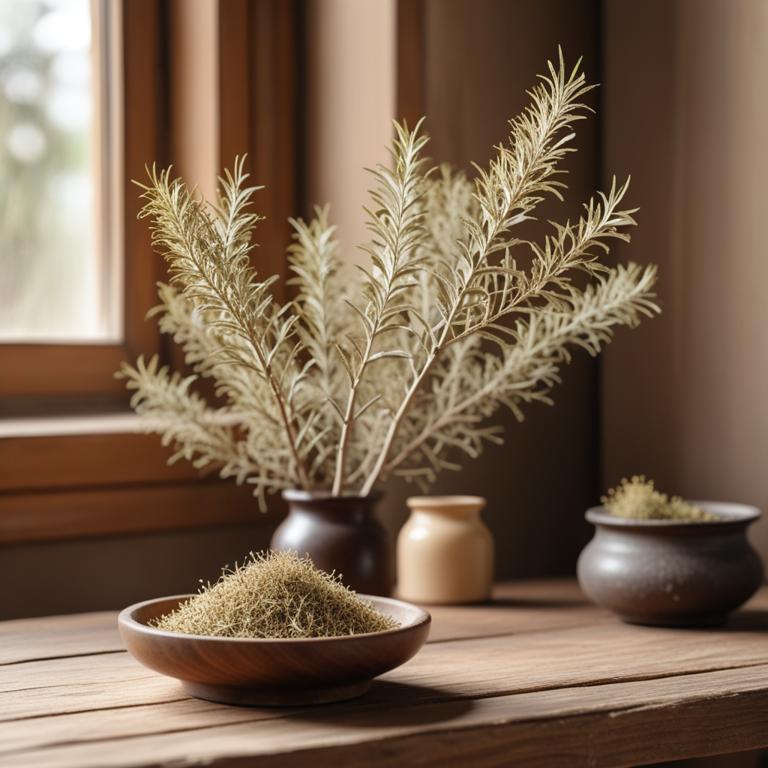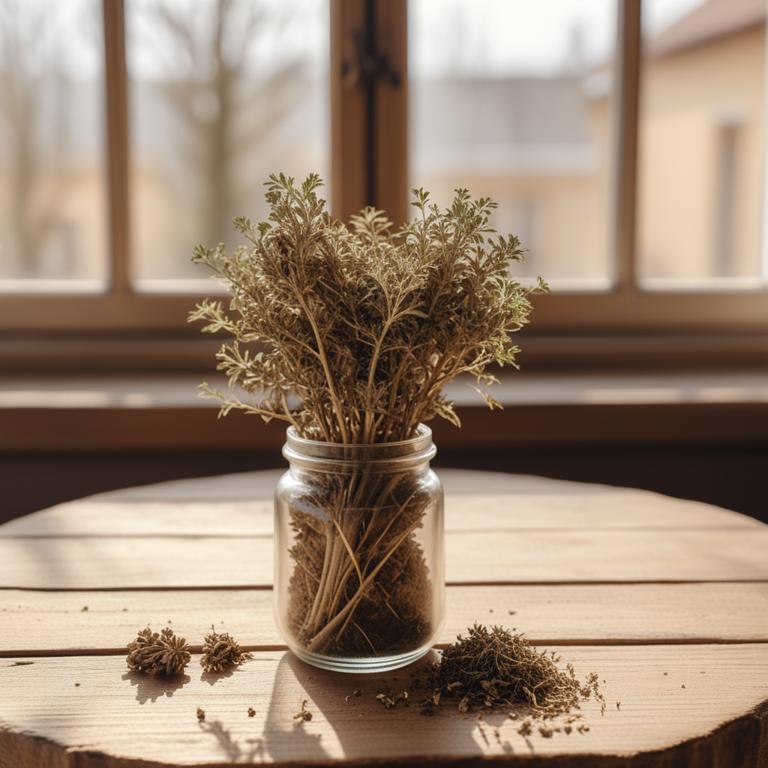Updated: Dec 1, 2024
The Causes and Treatment of Excessive Sweating with Medicinal Herbs and Herbal Remedies
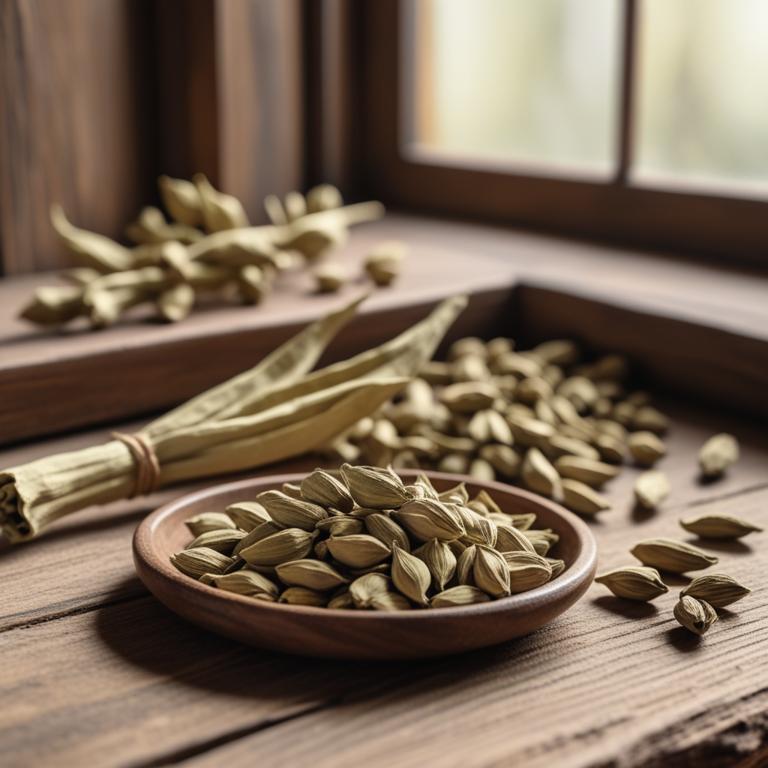
Excessive sweating, also known as hyperhidrosis, is a condition where you sweat more than what's considered normal.
It's not just about being a little warm or nervous; it can interfere with your daily life, making you feel self-conscious and anxious in public. You might avoid social situations, change clothes frequently, or even limit your physical activities. The causes of excessive sweating can be varied - it could be due to genetics, hormonal imbalances, certain medical conditions, or even stress and anxiety. It's not just about being hot or sweaty; it's about the uncontrollable and excessive sweating that's affecting your life.
Fortunately, there are herbal remedies that can help. Herbs like sage, lavender, and lemongrass have natural antiperspirant properties that can help reduce sweat production. Another herb, horsetail, is known for its diuretic properties, which can help flush out excess moisture from the body. To use these herbs, you can try drinking teas made from them, taking supplements, or even applying their essential oils to your skin. For example, you can make a tea by steeping dried sage leaves in hot water, or apply lemongrass oil to your underarms to help reduce sweat.
These herbal remedies can help you manage excessive sweating and regain your confidence in public.
Table of Contents
- What leads to excessive sweating?
- In what ways do herbs benefit individuals with excessive sweating?
- What medical herbs are commonly used to alleviate excessive sweating?
- What are the most popular herbal treatments for excessive sweating?
- Which herbs are a no-go for individuals experiencing excessive sweating?
- FAQ
What leads to excessive sweating?
The main causes of excessive sweating are often linked to various health conditions and hormonal changes.
One common cause is hyperhidrosis, a condition where the body's sweat glands produce more sweat than needed. This can be caused by genetics, nervous system disorders, or certain medical conditions. People with hyperhidrosis may experience excessive sweating in their armpits, hands, and feet, even in cool temperatures. Another cause of excessive sweating is menopause, a time when women's hormone levels drop significantly. During this transition, the body may experience hot flashes and night sweats, making it difficult to control sweat production.
This is due to the decrease in estrogen levels, which can affect the body's ability to regulate its temperature. Diabetes is also a cause of excessive sweating. High blood sugar levels can damage the nerves that control sweat glands, leading to excessive sweating. This is often seen in people with uncontrolled diabetes, who may experience sweating in their feet, hands, or armpits. Lastly, hypothyroidism, a condition where the thyroid gland doesn't produce enough thyroid hormones, can cause excessive sweating. These hormones help regulate the body's metabolism, and when they are low, the body may experience fatigue, weight gain, and excessive sweating.
In people with hypothyroidism, sweating can be a symptom of the condition, often accompanied by other symptoms such as cold intolerance and dry skin.
In what ways do herbs benefit individuals with excessive sweating?
When it comes to excessive sweating, using herbs can be a helpful solution.
These natural remedies have been used for centuries to control sweat and promote a healthy balance. One of the main benefits is that they can help reduce the amount of sweat your body produces, making you feel fresher and more comfortable.
They can also help calm your nerves and reduce anxiety, which can be a big contributor to excessive sweating. Additionally, herbs can help lower your body temperature, which can be especially helpful during hot summer months or in situations where you feel overheated. Furthermore, using herbs can be a gentle and non-invasive way to manage excessive sweating, without the need for harsh chemicals or prescription medications.
They can also be used in conjunction with other treatments, such as lifestyle changes or medical treatments, to help you achieve better results.
What medical herbs are commonly used to alleviate excessive sweating?

Herbs have been used for centuries to help with excessive sweating.
Some herbs that are particularly effective in this area include Zingiber officinale, also known as ginger, which has anti-inflammatory properties that can help reduce sweat production. Cymbopogon citratus, or lemongrass, is another herb that has been used to help with excessive sweating due to its ability to calm the nervous system and reduce anxiety, which can be a major contributor to sweating. Foeniculum vulgare, or fennel, contains compounds that can help to regulate body temperature and reduce sweat production.
Aloe barbadensis, or aloe vera, has been used for centuries to help soothe and calm the skin, which can be beneficial for people who experience excessive sweating. Additionally, Melaleuca alternifolia, or tea tree oil, has antimicrobial properties that can help to prevent bacterial growth on the skin, which can make excessive sweating feel worse. Another key point to note is that all of these herbs have antiseptic and anti-inflammatory properties that can help to prevent and reduce the discomfort associated with excessive sweating.
They can also be used in a variety of ways, including being applied topically to the skin, ingested in tea or capsule form, or inhaled through aromatherapy.
What are the most popular herbal treatments for excessive sweating?
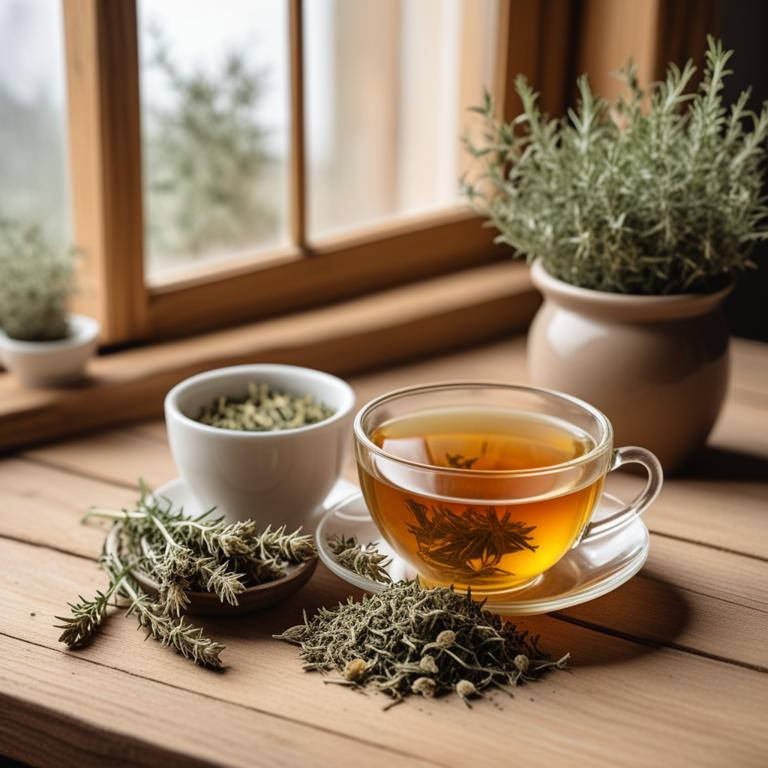
Herbal preparations can be very helpful for excessive sweating.
One way to use them is through a decoction, which is a liquid extract made from boiling herbs in water. Decoctions are good because they release the active ingredients from the herbs quickly, making them easy to absorb and use by the body. Another option is to use herbal powders, which are dried and powdered herbs that can be added to water or taken directly. Powders are convenient because they are easy to carry and can be taken anywhere. They are also easy to mix with other drinks or foods. Herbal capsules are another popular option, and they work by containing dried herbs in a gelatin or vegetable-based shell. Capsules are good because they protect the herbs from air and moisture, which can reduce their potency.
They are also easy to swallow and can be taken at any time of day. Herbal teas are a popular choice for excessive sweating, and they work by infusing the herbs in hot water. Teas are good because they are easy to make and can be enjoyed as a relaxing drink. They are also a good choice for people who don't like swallowing pills or capsules. Lastly, herbal infusions are similar to teas but use cold water instead of hot. Infusions are good because they help preserve the delicate active ingredients in the herbs, which can be lost when boiling water is used. They are also a good choice for people who prefer a milder flavor. It's worth noting that the best herbal preparation for excessive sweating will depend on the individual and the specific herbs being used.
Some people may find that one preparation works better for them than another.
Additional Resources:
Which herbs are a no-go for individuals experiencing excessive sweating?
If you experience excessive sweating, it's best to be cautious when using certain herbs.
For instance, Valeriana officinalis, also known as valerian root, can stimulate the nervous system, which may increase sweat production. This is because the root contains compounds that can raise body temperature and heart rate, potentially exacerbating sweating issues. Echinacea purpurea, commonly used to boost the immune system, can also have a similar effect. It contains compounds that may cause the body to respond to perceived threats by increasing heart rate and sweat production. This means that using Echinacea when you already sweat a lot may make your sweating worse.
Ginkgo biloba is another herb to use with caution, as it can increase blood flow and heart rate, which may worsen sweating. This is because the herb can make the body work harder, leading to increased sweat production. Licorice root, or Glycyrrhiza glabra, contains compounds that can cause the body to retain water and increase blood pressure, both of which can contribute to excessive sweating. This is especially concerning if you already experience hot flashes or night sweats. Hypericum perforatum, also known as St. John's Wort, can lower the body's production of serotonin, a neurotransmitter that helps regulate body temperature and sweat production.
When serotonin levels drop, the body may respond by increasing sweat production, potentially worsening sweating issues.
FAQ
Are there any specific herbs that can prevent excessive sweating?
Some herbs like sage and witch hazel are thought to help control excessive sweating.
Sage is believed to reduce sweat production by regulating body temperature, while witch hazel may help calm the nervous system and reduce sweating.
These herbs can be consumed as tea or applied topically to affected areas.
Is it safe to use herbal remedies for excessive sweating during pregnancy?
During pregnancy, it's best to be cautious with herbal remedies for excessive sweating.
Some herbs, like sage and peppermint, may be safe in small amounts, but others can cause problems. For example, high levels of certain herbs can lead to uterine contractions or interact with other medications.
Be careful and do your research.
Are there any herbs that can reduce the frequency of excessive sweating?
Some herbs may help reduce excessive sweating.
Sage is one example - its active compounds can help regulate body temperature. Other herbs, like lemon balm and mint, have natural cooling properties that can help ease hot flashes and night sweats.
These herbs can be consumed as teas, capsules, or added to food.
Related Articles
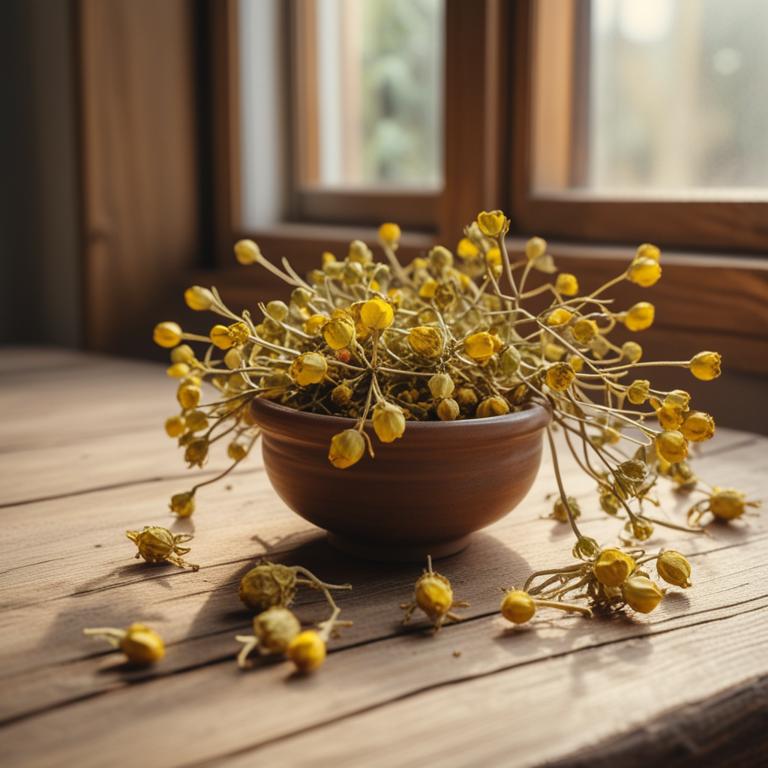
Bee Sting Natural Relief: Causes, Herbal Remedies, and Home Care
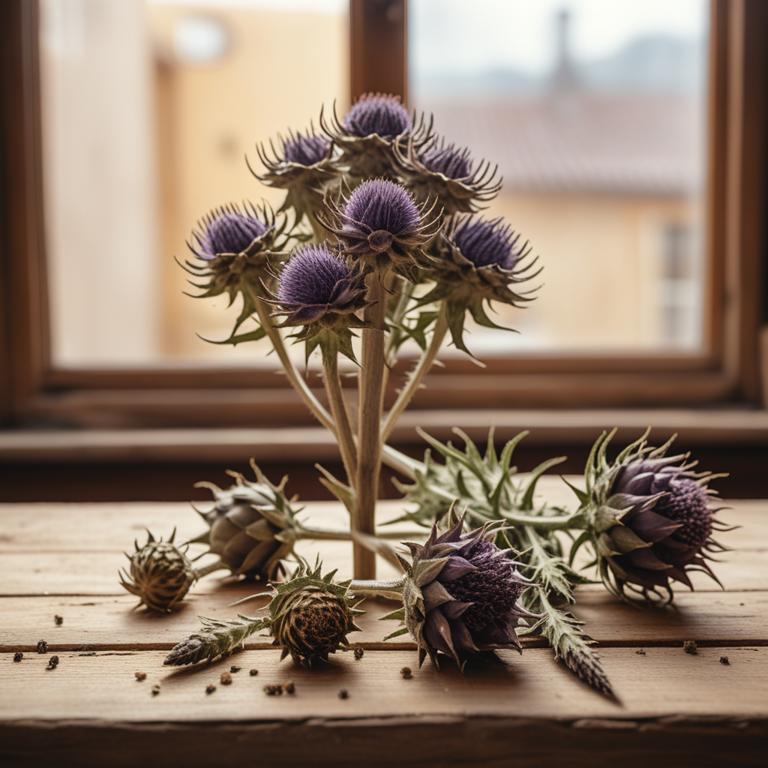
Eye Bags: Causes, Treatment Options, and Medicinal Herbal Remedies
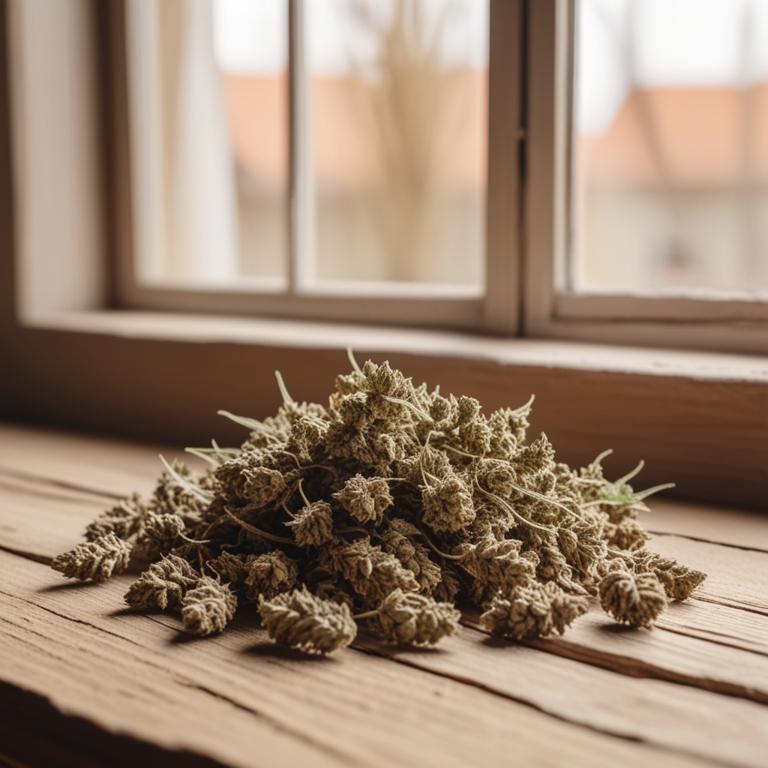
The Causes of Ingrown Hair and How Herbal Preparations Can Help
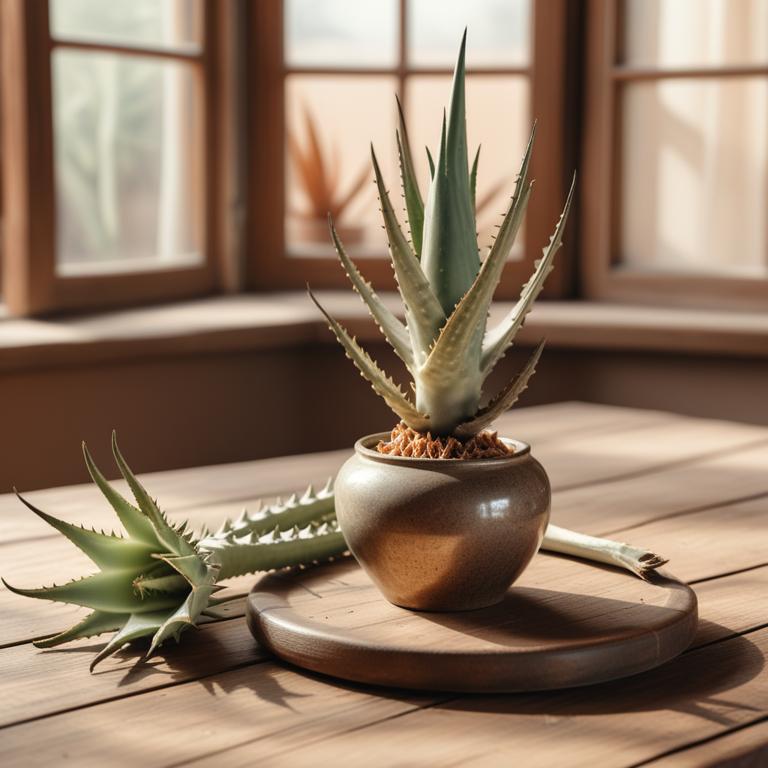
Chapped Lips: Causes, Medicinal Herbs, and Natural Preparations for Soothing Relief
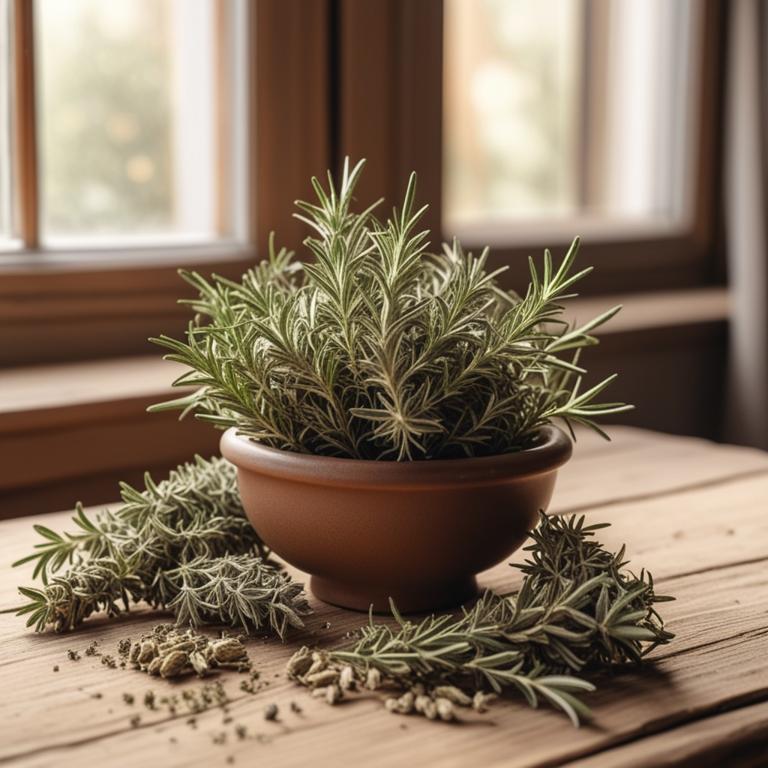
Causes and Treatments for Itchy Scalp Using Medicinal Herbs
